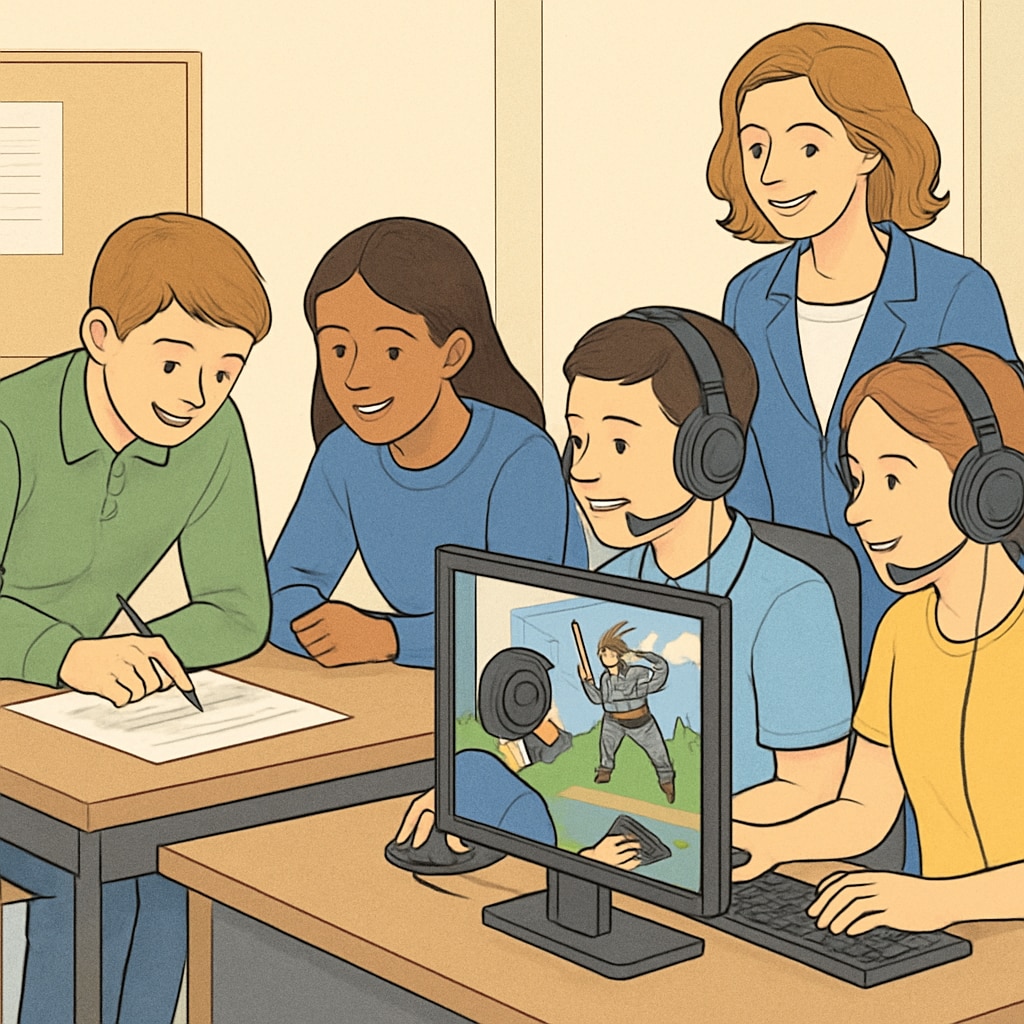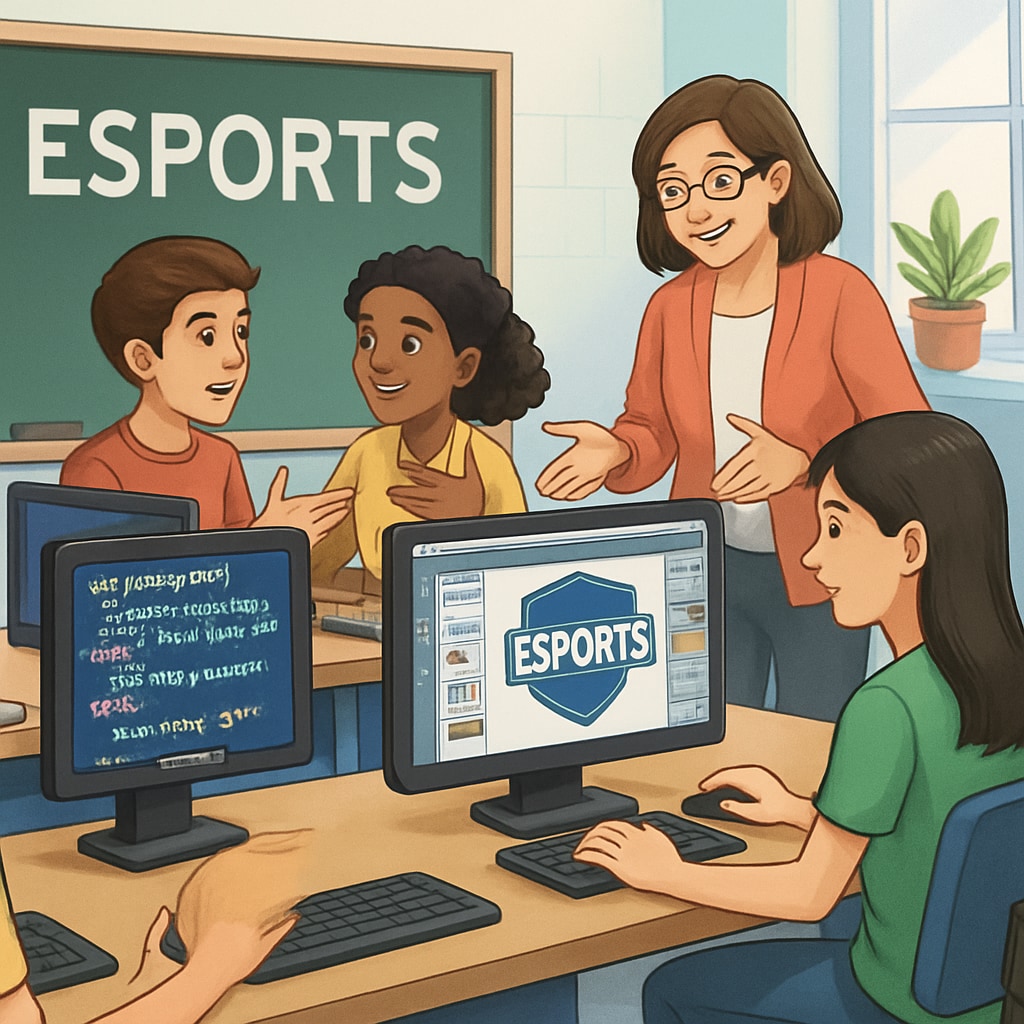The strategic collaboration between GameClass and the North America Scholastic Esports Federation (NASEF) brings esports education, gamified learning, and strategic collaboration into the global spotlight. This partnership introduces a transformative approach to K12 education by integrating esports with traditional academic subjects across 9,000 global esports clubs. As a result, students can now combine their passion for gaming with meaningful academic growth, fostering creativity, teamwork, and critical thinking skills.

Bridging Passion and Academics Through Gamified Learning
Gamified learning, the process of incorporating game mechanics into educational practices, is a proven method to boost student engagement and motivation. GameClass and NASEF aim to leverage this to create a comprehensive educational ecosystem that aligns esports activities with academic goals.
For example, students participating in esports tournaments can develop skills in mathematics, statistics, and even communication as they analyze gameplay strategies or present their findings. Additionally, educators can use these platforms to teach subjects such as coding, graphic design, and marketing, all within the context of esports.
As a result, this integration fosters a stronger connection between students’ hobbies and their academic pursuits, ensuring that learning becomes both enjoyable and impactful.

The Global Impact of Strategic Collaboration
GameClass and NASEF’s partnership extends far beyond individual classrooms. With 9,000 esports clubs worldwide, the initiative aims to create a massive global network of students, teachers, and mentors united by their shared interest in esports and education.
This collaboration emphasizes inclusivity, allowing students from diverse backgrounds to access resources and opportunities that cater to their unique learning styles. It also highlights professional development for educators, offering tools and training to effectively integrate esports into their curricula.
- Encouraging global conversations around esports and education
- Promoting STEM (Science, Technology, Engineering, and Mathematics) skills
- Building future-ready competencies such as teamwork and leadership
As a result of this strategic collaboration, the esports education movement is poised to become a significant player in the global education landscape.
Challenges and Opportunities Ahead
While the fusion of esports and education offers exciting opportunities, it also presents challenges. For instance, ensuring equitable access to technology and resources remains a key concern. Additionally, educators must navigate the balance between fostering gaming enthusiasm and maintaining academic rigor.
However, organizations like GameClass and NASEF are addressing these challenges head-on. By providing comprehensive frameworks, professional development sessions, and community support, they aim to ensure that esports education benefits students worldwide.
In addition, this initiative opens doors to new career paths, enabling students to explore opportunities in game development, esports management, and technology—fields that are rapidly growing in today’s digital economy.
Readability guidance: This article uses clear, concise language with short paragraphs, ensuring accessibility for readers of all levels. Lists summarize key points, and transitions like “however,” “for example,” and “as a result” enhance the flow of ideas.


